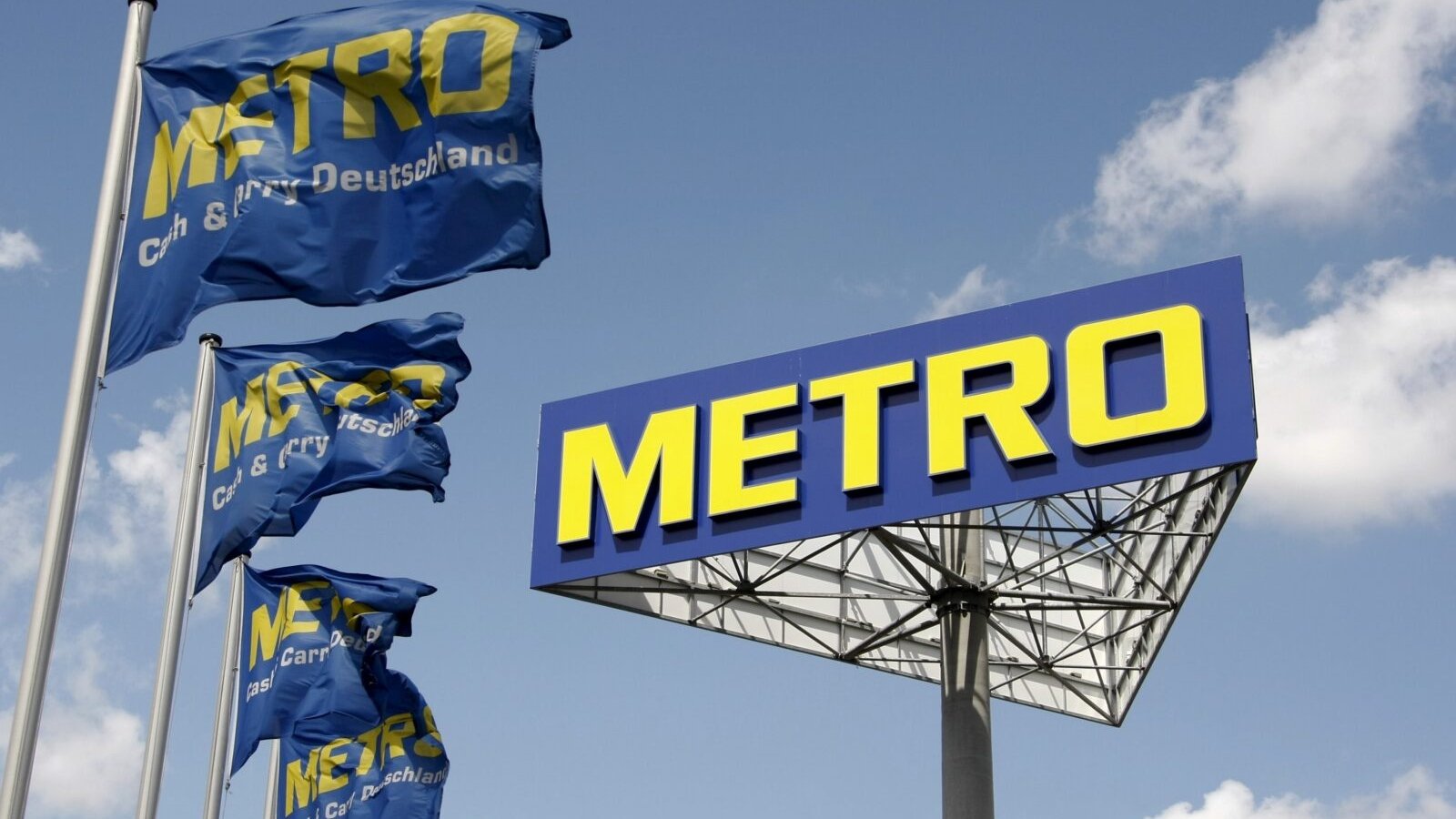Ukrainian court orders Russia to compensate METRO for hundreds of millions of hryvnias
24 June 16:01
The court ordered Russia to pay METRO more than UAH 377.6 million for the destroyed shopping center in Mariupol. This is reported by "Komersant Ukrainian" with reference to the document – the relevant court decision in the Unified State Register of Court Decisions.
The decision, which may become an important precedent in the issue of legal liability of the Russian Federation for armed aggression and damage to business in Ukraine, was made by the Economic Court of Donetsk region.
What happened to the METRO shopping center in Mariupol
At the time of Russia’s full-scale invasion in February 2022, METRO owned a large shopping center located on Zaporizhzhia Highway in the city of Mariupol. After the outbreak of hostilities and the occupation of the city, the facility was seized by the Russian military, which turned it into the so-called “humanitarian headquarters” of the Russian Federation.
According to the company’s official data, METRO was unable to remove its property, equipment and inventory from the shopping center. Everything that remained in the building was either looted or destroyed. Full access to the facility was lost.
Amount of damages and justification
The company filed a lawsuit based on the material damage caused, indicating a total amount of losses of UAH 377.6 million, of which
- uAH 114.9 million – direct losses related to the loss of movable and immovable property, goods and equipment;
- uAH 262.7 million in lost profits that the company lost due to the suspension of the shopping center’s operations.
The court ruled that the seizure of the shopping center by the Russian military was a violation of international law, the provisions of the Constitution of Ukraine and legislation on the protection of property rights. In the decision, the judge noted that Russia’s actions deprived METRO of the opportunity to use its legitimate property.
METRO’s lawsuit against Russia: legal commentary
Lawyer Klym Bratkovsky commented to RBC-Ukraine as follows:
Therefore, METRO is not liable to suppliers for unpaid products stored in the shopping center. In addition, this decision can be used to recover damages from Russian assets abroad,” Bratkovsky said.
In addition, lawyers explain that the court decision in favor of METRO has several important consequences:
1. Official confirmation. It legally certifies that the loss of METRO’s goods and assets was not the fault of the company, but the result of Russian aggression.
2. Protection from supplier claims. METRO may not be liable to suppliers for goods that were on the balance sheet but were lost as a result of hostilities and occupation.
3. International recovery. The judgment may be used as a legal basis for applying to foreign courts to seize and confiscate Russian assets abroad. This opens up the potential for real compensation through the mechanisms of frozen Russian assets in jurisdictions that support Ukraine.
A precedent for business
In addition, the decision of the Economic Court of Donetsk Oblast is not only a legal victory for METRO, but also a precedent for other Ukrainian and international companies that have lost their assets in the occupied territories. It confirms that Ukrainian courts are capable of effectively documenting and recognizing the damage caused by Russia’s aggression and creating a basis for further international compensation.
It is also worth noting that this is not the first such case. Previously, Ukrainian courts have ruled in favor of state-owned enterprises, banks and insurance companies that suffered as a result of armed aggression. However, the participation of a large international retailer like METRO in a process of this magnitude is a significant step towards formalizing the reparations mechanism through legal instruments.
What you need to know about METRO in Ukraine
METRO Cash & Carry Ukraine LLC is a subsidiary of the German METRO AG, which specializes in the cash & carry format – sales in large volumes to professional customers, including restaurants, cafes, retail outlets, etc. The company works with more than 1,300 suppliers, and over 90% of its products are from Ukrainian manufacturers.
The assortment includes more than 20,000 items: food, non-food products, household chemicals, etc.
METRO entered the Ukrainian market in 2003. By the end of 2024, the network consisted of 23 classic wholesale centers in the largest regional centers: Kyiv, Odesa, Lviv, Dnipro, Kharkiv, Mykolaiv, Zaporizhzhia, Poltava, Zhytomyr, Ivano-Frankivsk.
In addition, METRO has opened 2 “Take-away” stores in Ternopil and Lutsk, which operate on a pick-up model for small entrepreneurs.
The company has created about 2,800 jobs in the Ukrainian market. METRO’s total investments in Ukraine amounted to more than €550 million over the 17 years of its operation in the country.
The chain is focused on professional customers – representatives of retail, HoReCa, cafes, restaurants, and offices. Metro works exclusively with legal entities or private entrepreneurs. It sells both food and non-food products: from vegetables and dairy to kitchen equipment, hygiene products, etc.
METRO is also a part of the German Metro AG, which as of 2023-2024 had 626 wholesale centers in 21 countries with an annual turnover of over €31 billion. The format of the retail network itself was created in 1964 in Germany, and later the company expanded throughout Europe and other regions.
In Ukraine, METRO supports humanitarian activities in Ukraine, including a partnership with the UN World Food Program. The company helps to deliver food and water, and employees support colleagues and refugees.
In February 2023, the Ukrainian National Agency for the Prevention of Corruption included METRO Cash & Carry in the list of international war sponsors. The reason was the company’s refusal to leave the Russian market, as well as the acceptance of Mir cards and alleged ties to gas transportation networks.
Читайте нас у Telegram: головні новини коротко









